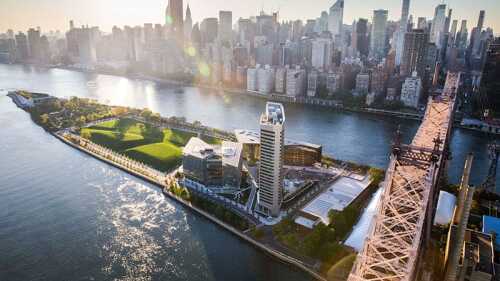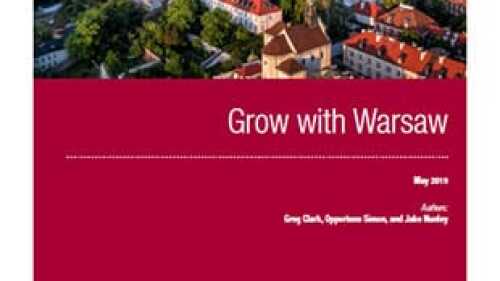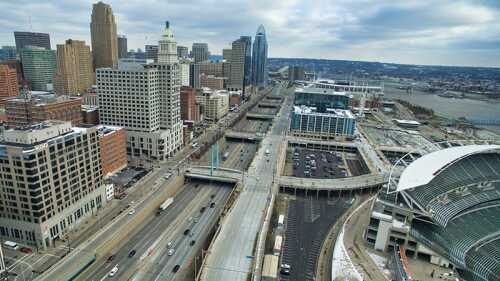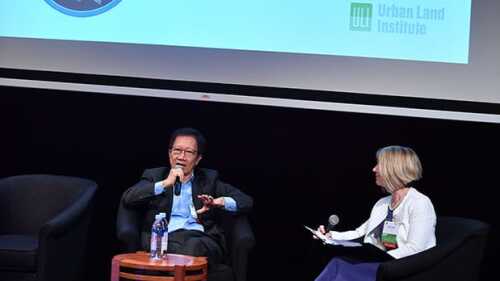Economy
The talk about futuristic transportation has been exciting, but reality may be more expensive—and farther off—than imagined.
The persistent theme over the current economic cycle of “lower for longer” growth has contributed to a record expansion cycle that has surpassed 10 years. Results from ULI’s latest “Real Estate Economic Forecast” show that trend is likely to continue into 2021, said panelists speaking on a webinar discussing the survey results.
Cornell Tech Campus represents a new model for higher education in the United States. Located on Roosevelt Island in New York City, the campus is designed around the idea that industry and academia should be intertwined instead of siloed. Along with academic buildings, the development includes corporate co-location, offices, a hotel, a residential tower, and conferencing and assembly areas, with space remaining to accommodate future requirements of the program.
A new ULI report argues for bold planning and effective reforms to bring Warsaw to life. Based on a series of workshops that brought together the city of Warsaw and real estate investors, the Grow with Warsawreport concludes that better cooperation between stakeholders will provide a strong foundation for growth in the city and sets out a series of recommendations based on a city competitiveness framework.
ULI Advisory Services convened a panel of land-use experts in early April to brainstorm ideas on how to improve funding for long-term maintenance and sustainability of Detroit’s parks.
An area in Cincinnati comprising portions of a highway, the central business district, and the central riverfront along the Ohio River has been selected as the study site for the annual ULI Hines Student Competition. Though based on a hypothetical situation, the ideas competition provides both full- and part-time graduate-level students the opportunity to devise a comprehensive design and development program for an actual large-scale urban site.
A new online Public Infrastructure Decision Tree provides guidance to state and local government officials.
What could the future of cities look like? In the future, cities will have more in common, and will have more interaction with each other than with regional governments, said speakers at ULI Germany’s Urban Leader Summit in May. This “parasovereignty” can already be seen in places such as Dubai, where some cities use different systems of law to attract investment.
From macro-economic forces to social, environmental, technological, and political disruption, property and the wider built environment are facing change on a scale not seen for decades, said panelists speaking at the 2018 ULI U.K. National Conference in London, including increased migration, ongoing low interest rates, and increased political discord.
JLL’s head of research for Asia Pacific chats with the chairman of Global Logistic Properties—and outgoing ULI Asia Pacific chairman.







